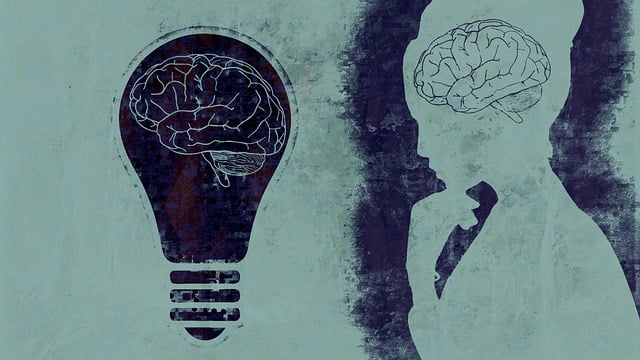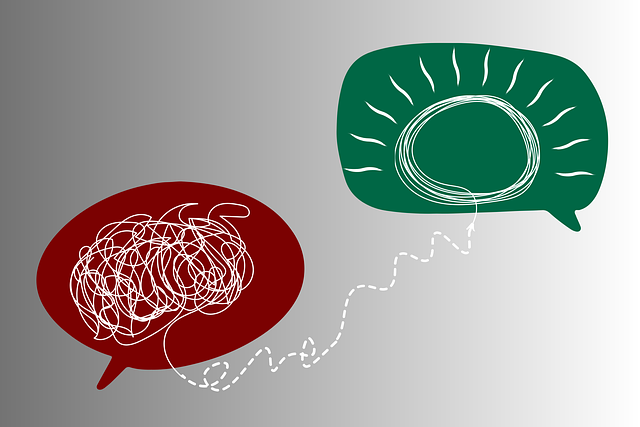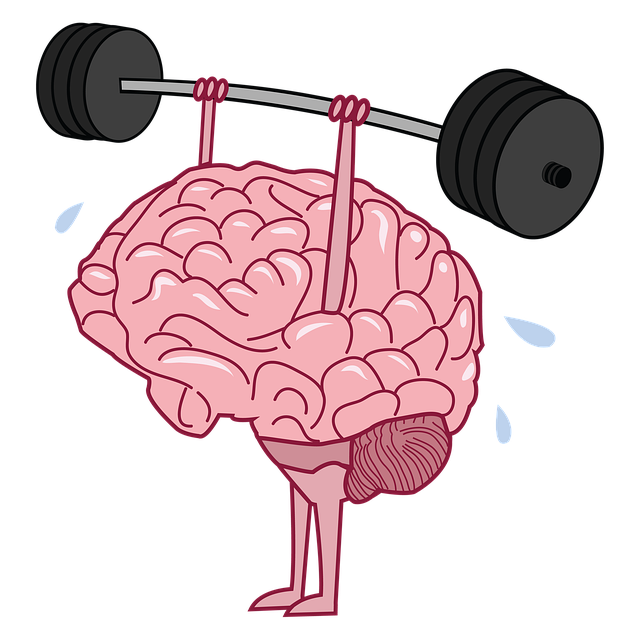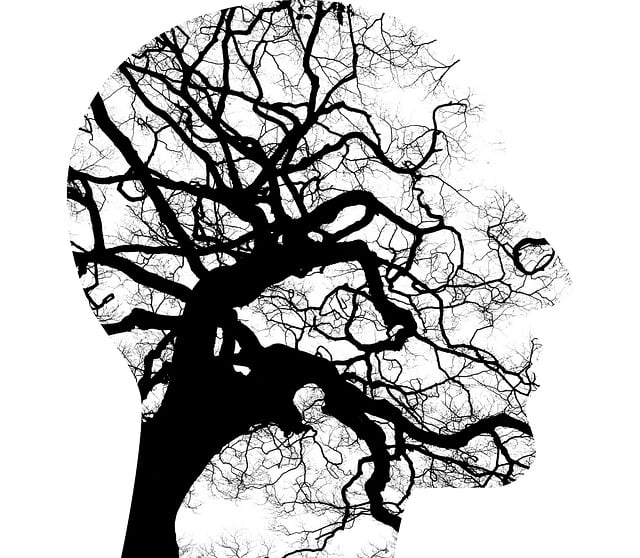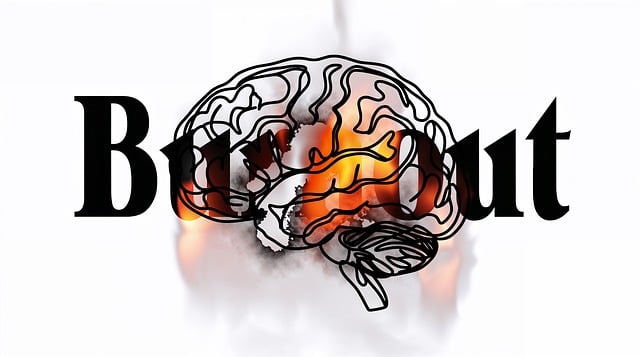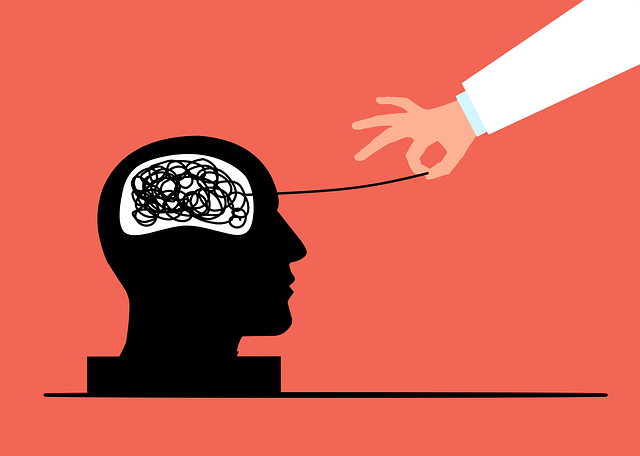Media portrayals significantly impact public perception of mental health, especially among vulnerable populations like young children, potentially causing stigma and discouraging therapy for depression. Accurate, empathetic depictions can reduce stigma and foster understanding through recovery stories and resilience-building exercises. Media creators should collaborate with mental health professionals to showcase emotional experiences of affected children, destigmatize illness, and offer practical coping strategies. Thoughtful storytelling revolutionizes support for young minds facing mental health challenges, emphasizing therapy benefits tailored to kids.
Mental illness representation in media significantly shapes public understanding of mental health. This article explores the profound impact of media portrayals on perceptions of mental well-being, particularly focusing on depression in young children. We present effective strategies for promoting accurate and compassionate depictions, emphasizing the vital role of therapy and support systems in media-driven initiatives. By examining these aspects, we aim to foster more empathetic narratives that challenge stigma and encourage early intervention for children struggling with depression.
- Understanding the Impact of Media Portrayals on Mental Health Perception
- Strategies for Promoting Accurate and Helpful Depictions of Depression in Children
- The Role of Therapy and Support Systems in Media-Driven Mental Health Awareness Initiatives
Understanding the Impact of Media Portrayals on Mental Health Perception

Media portrayals play a significant role in shaping public perception about mental health, particularly among vulnerable populations such as young children. When mental illness is depicted inaccurately or stereotypically in films, television shows, and other media platforms, it can contribute to stigma, fear, and misunderstanding. This, in turn, may discourage affected individuals from seeking much-needed therapy for depression or other conditions. For instance, portraying mental health issues as a character’s weakness or an inexplicable “madness” can perpetuate harmful myths and deter young viewers from recognizing their own struggles.
Understanding the impact of media representations is crucial in developing effective strategies to counter these negative effects. By promoting accurate and empathetic portrayals, we can foster a more supportive environment where mental illness is discussed openly. This includes showcasing successful recovery stories, highlighting the importance of therapy for young children with depression, and incorporating conflict resolution techniques and resilience-building exercises within narratives. Moreover, media creators should be mindful of burnout prevention strategies to ensure that characters’ mental health journeys are depicted in a way that educates without causing additional distress to viewers.
Strategies for Promoting Accurate and Helpful Depictions of Depression in Children

Depicting depression in children accurately and sensitively on screen is a powerful tool to combat mental illness stigma and reduce its impact on young minds. It’s crucial that media creators use therapy for young children with depression as a guide, incorporating real-world insights from mental health professionals. By showcasing the nuances of this condition, including the emotional experiences and challenges faced by affected children, content creators can foster empathy among viewers. This approach helps to destigmatize mental illness and encourages understanding, which is key in supporting vulnerable youth.
Incorporating anxiety relief techniques within these narratives can further enhance the positive impact. Stories that portray healthy coping mechanisms and compassion cultivation practices offer valuable lessons for both young audiences and their caregivers. Such representations not only provide hope but also promote practical strategies to manage symptoms, fostering a sense of resilience. Through thoughtful storytelling, media has the potential to revolutionize how we perceive and support children navigating mental health challenges.
The Role of Therapy and Support Systems in Media-Driven Mental Health Awareness Initiatives

Media has a profound impact on shaping societal perceptions and understanding of mental health. When it comes to raising awareness about conditions like depression in young children, therapy plays a pivotal role. Effective treatment approaches tailored for children can significantly influence how media portrays these issues, fostering more empathetic narratives. By highlighting successful therapeutic interventions, media initiatives can dispel myths and reduce the stigma surrounding childhood mental health.
Support systems, including family dynamics and peer networks, are integral to these awareness campaigns. Media content that showcases the importance of emotional regulation and early intervention strategies, backed by professional guidance, can help identify warning signs and encourage timely support. This collaborative approach ensures that not only is mental health awareness enhanced but also that accurate representations of therapy and its benefits reach a wider audience, including parents and caregivers who may be seeking assistance for their young ones.
Media portrayal plays a significant role in shaping societal perceptions about mental health, particularly among children. By implementing strategies that promote accurate and empathetic depictions of depression, we can challenge stereotypes and foster understanding. Integrating therapy and support systems within media-driven initiatives ensures a more nuanced and helpful representation of mental illness. Encouraging open conversations and providing accessible resources are key to supporting young minds and their well-being, especially when addressing issues like depression in children.
